Simão Chaparro is 14 years old, he's on school holidays, but even that doesn't take away his desire to learn and get to know better the Ria Formosa that saw him grow up.
This is not the first time that he has participated in the program's activities. Live Science in the Summer, which returned on the 15th of July and has initiatives until the 15th of September.
“The objective of this program is to bring science to the common people and to the greatest possible number. It's not a school program, so it's done in the summer, and covers many areas of knowledge, in collaboration with the scientific community, which accompanies the population on trips and visits to get in touch with nature».
The explanation is given by Rosalia Vargas, president of Ciência Viva – National Agency for Scientific and Technological Culture, who this Monday, July 31st, was in the Algarve for the symbolic launch of the 2023 edition of the project, which this year has as its theme “Alert Nature”.
The launch session of Ciência Viva in Summer 2023 should have included the participation of Elvira Fortunato, Minister of Science, Technology and Higher Education, but she ended up not being present, for health reasons.
Together with Cristina Veiga-Pires, executive director of Centro Ciência Viva (CCV) in the Algarve, located in Faro, and researchers from the University of the Algarve, Rosalia Vargas left the Algarve capital aboard a solar boat, to meet the kayak tour participants who, throughout the morning, got to know Ria Formosa better, its richness and the difficulties it faces.
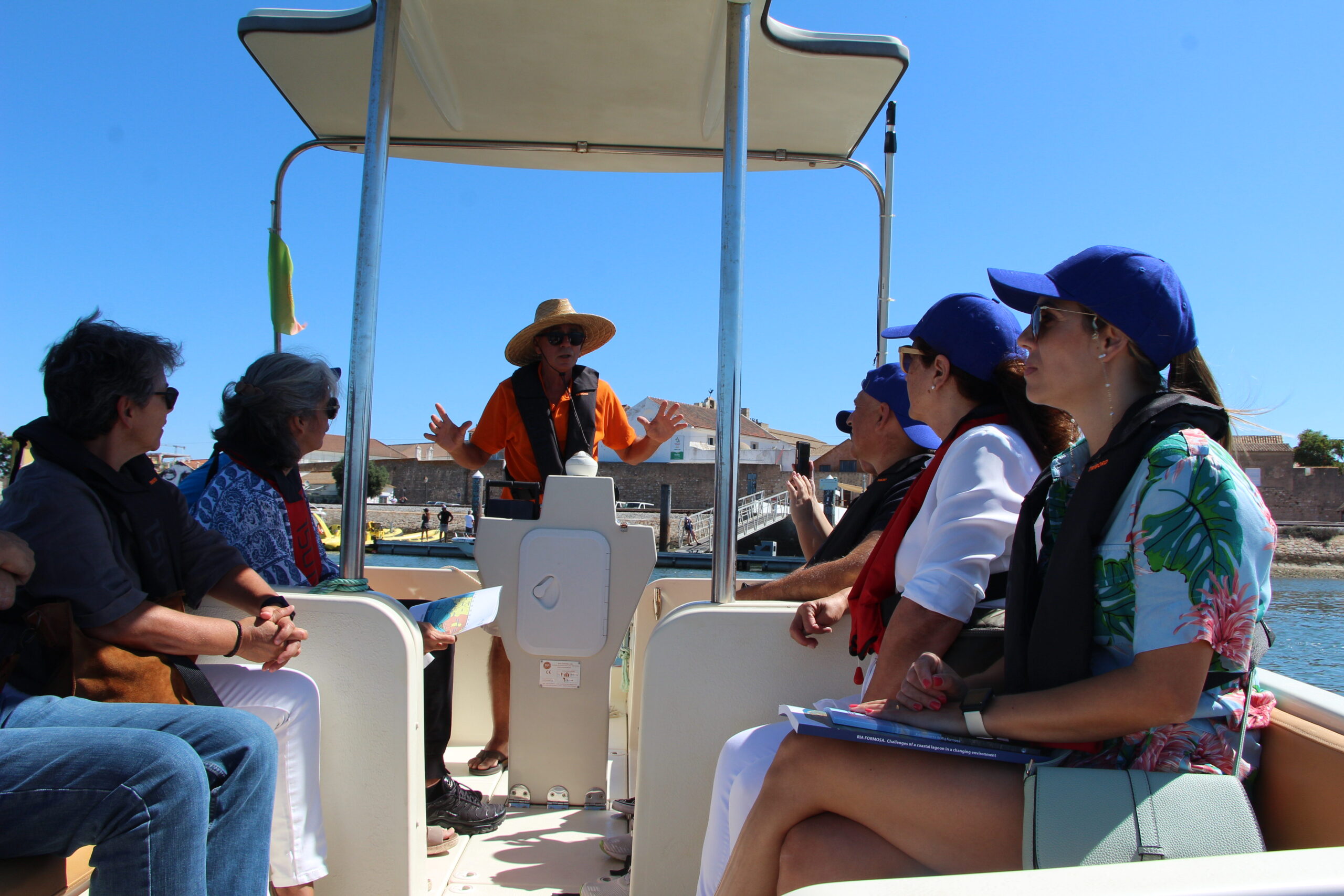
Simão, who participated in this activity with his family, says that he «learned a lot about things that he doesn’t learn at school», essentially that «the Ria Formosa really needs to be protected». Next year, he guarantees that he will participate in this activity again and will even invite his friends.
The kayak tour also received people from other regions of the country, who had never participated in the Ciência Viva no Verão program. This is the case of Tiago Fonseca, 36 years old, born in Lisbon, who went to the Algarve on purpose to participate in this activity that he describes as «excellent».
«There was the fun part, kayaking and nature, which is wonderful, but I also learned a lot about birds, the barrier islands, the dunes and all the biodiversity, which I'm very layman about. I only see positive points in this type of initiative", he told journalists.
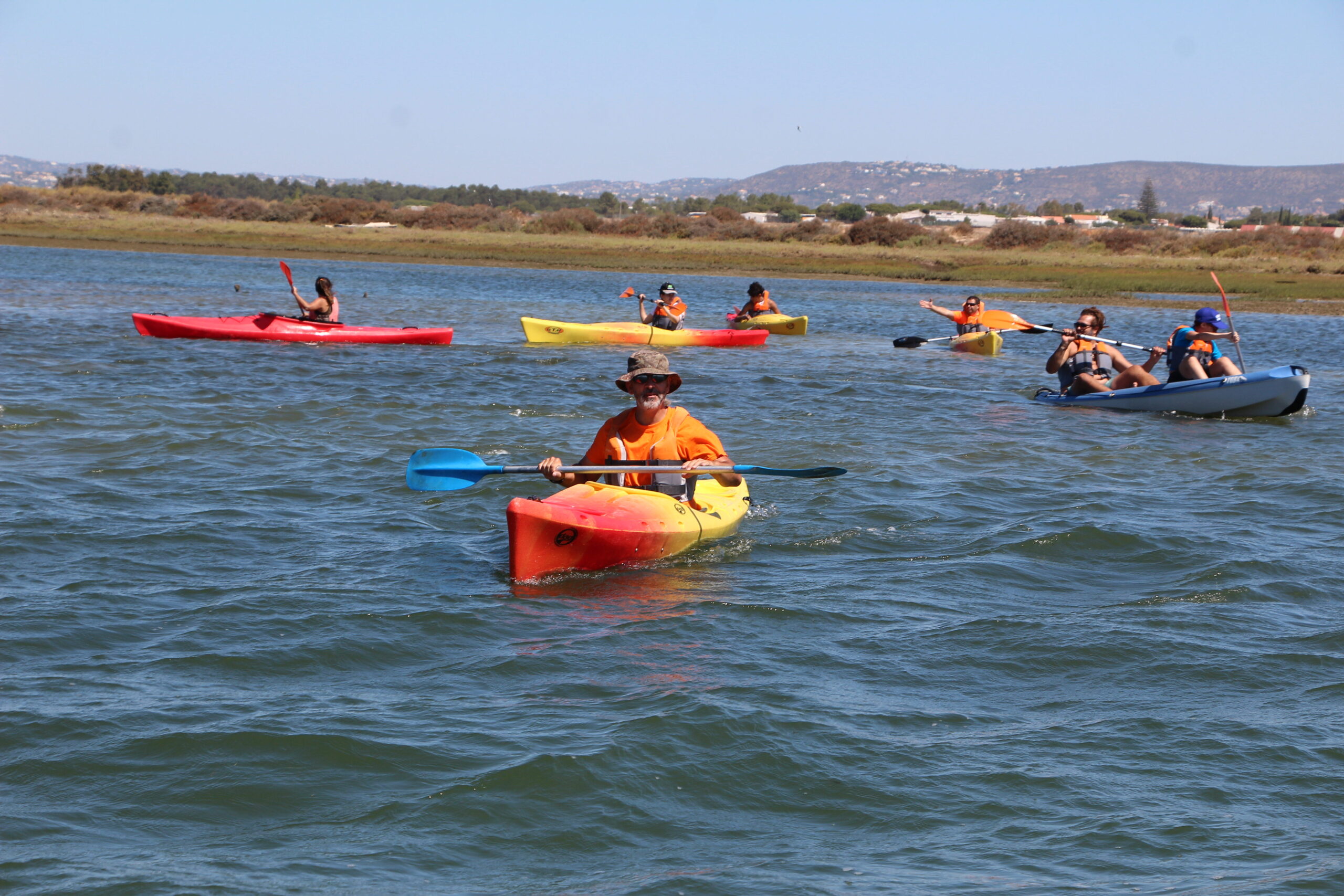
The tour, in which more than a dozen people took part, was led by Rita Carrasco, a researcher at the Center for Marine and Environmental Research (CIMA) of the University of the Algarve, who explained, «in a relaxed way», what makes up the estuary , what is its origin and the «fundamental role of each environment, in which the human being is also inserted».
From the participants, she received the attention and curiosity that made her believe in the benefits of these activities.
The Ciência Viva no Verão program has been running for 27 years, but it has not always included as many activities as it does now.
Observing the sun or the night sky, understanding the ecosystems of marshes, forests and estuaries, learning about the geology that gave rise to the landscape or visiting large engineering facilities are some examples of the activities promoted by Ciência Viva.
In total, there are 372 actions spread over 601 dates, which take place throughout the national territory, including the Autonomous Regions of the Azores and Madeira.
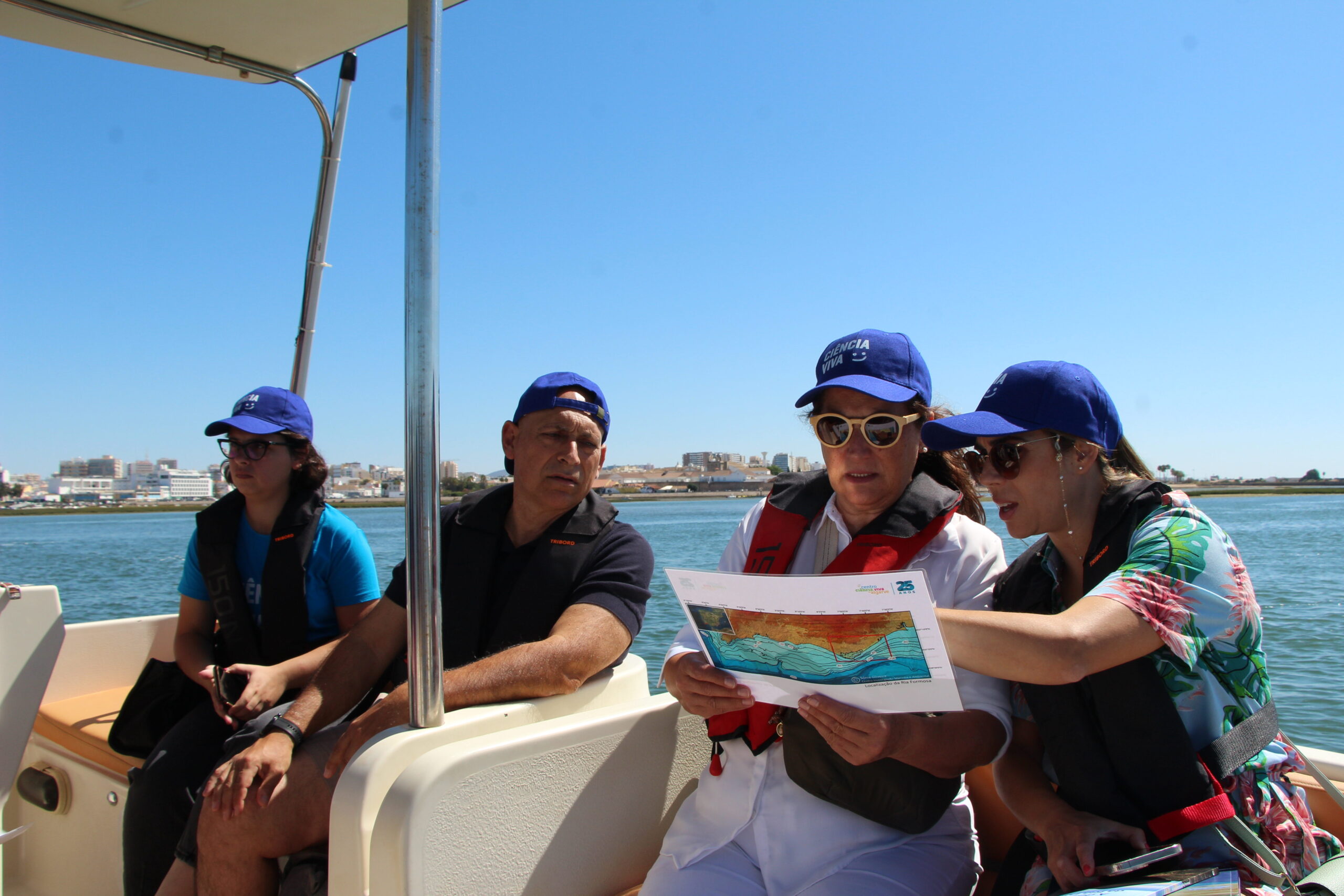
Even so, the Algarve is one of the regions with the most activities.
«We have three Ciência Viva centers – one in Lagos, Tavira and the Algarve, which is in Faro – and I think we are close to 200 activities», says Cristina Veiga-Pires, who highlights not only the importance of the program for «bringing people closer to science», but also providing visits to «unusual» sites.
«This is the case of Ramalhete, Mina de Sal-Gema, Necton or the sustainable caviar company. We try to show new opportunities and that science also plays a role in our local and regional economy, showing more than just the sun and beach in the region, although you can also do many activities on the beach», continues Cristina Veiga-Pires.
Before getting on the boat to navigate the Ria Formosa, Rosalia Vargas also took stock of the state of science in the country. She was satisfied with the fact that, for the first time, in the result of the Eurobarometer that measures the scientific literacy of Europeans, Portugal is «in the first places in almost all indicators».
For Rosalia Vargas, these results are also the result of the work done by the many Centros Ciência Viva throughout the country.
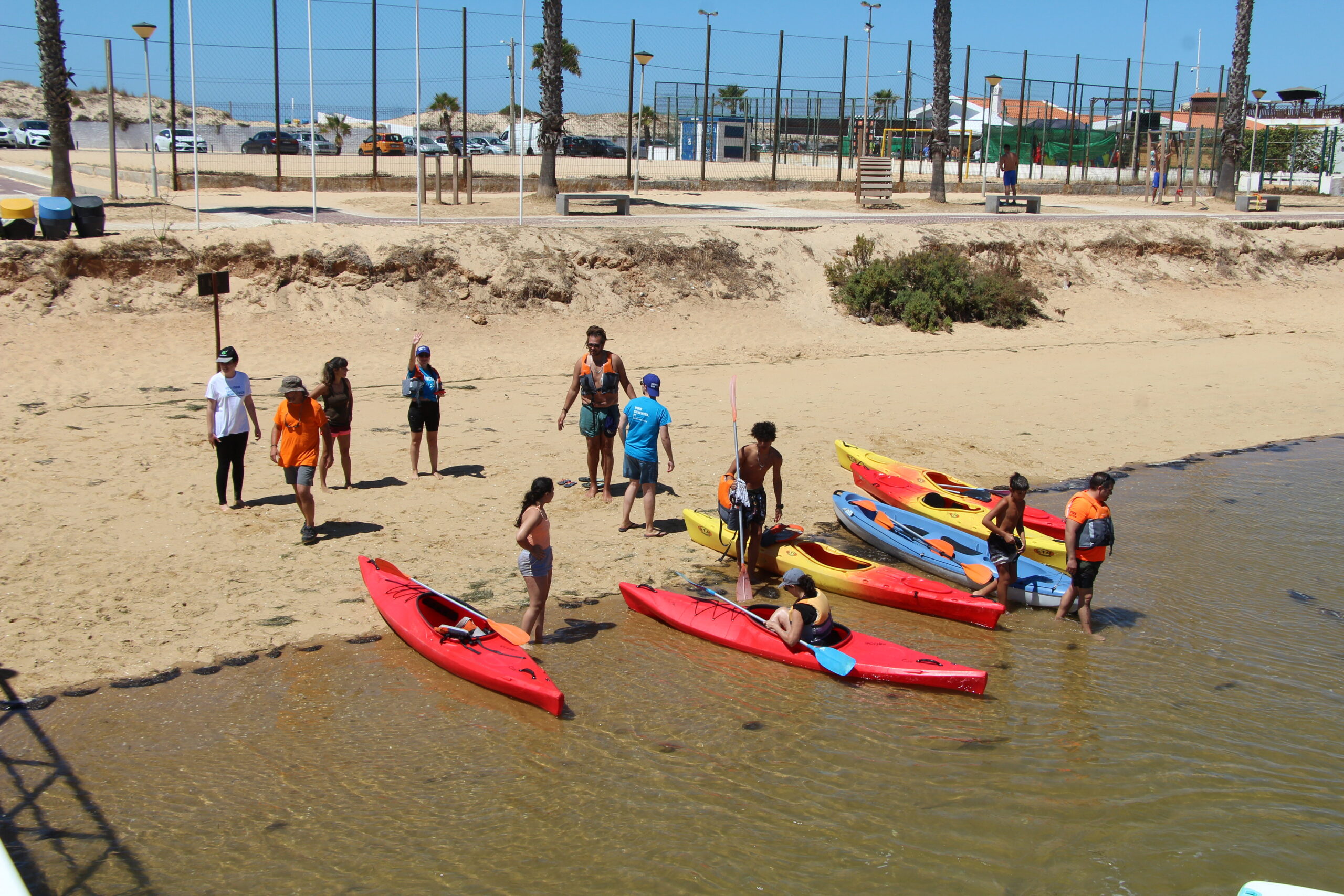
«The panorama today is very different from what it was 27 years ago, when Professor Mariano Gago founded the first Ministry of Science and Technology in Portugal. The work was done little by little, rooting science in society, but there is still a long way to go. It is not the ideal situation in terms of support, it used to be much better, but it was also non-existent, so we are making progress and on a path that we do not want to stop », he told journalists.
As in previous years, after just one hour of registration opening for Ciência Viva no Verão, there were more than 3.500 registered for the actions, a result that leaves the president “very satisfied”.
The entire program can be consulted here. Activities cost between 2 and 8 euros
Photos: Mariana Sedge | Sul Informação
On the 3rd of August 1997, at the impulse of the Algarve Jose Mariano Gago, then Minister of Science and Technology, opens to the public the first of three Ciência Viva centers in the Algarve, in Faro.
Subsequently, the Tavira and Lagos centers are opened, always with funding from the Municipalities of Faro, Tavira, Lagos, Loulé and Albufeira and in partnership with the University of Algarve (UAlg).
In a note sent to the newsrooms, CCDR Algarve refers that the Regional Program CRESC ALGARVE 2020, aiming to improve and reinforce the work of the centers and pursuing the objective of accelerating the digital transition and improving the efficiency and effectiveness of the education and training system, supported the production of digital teaching resources (RDD) for students, teachers and trainers in the region, by the three existing centers in the Algarve (Faro, Lagos and Tavira), in the global amount of 707.095 euros (European Social Fund), in partnership with the University of the Algarve, the Institute of Employment and Professional Training and Turismo de Portugal, the latter having as recipients the respective students/trainees.
In this plan, the Centro Ciência Viva de Lagos promoted the project PanReD and produced ten innovative digital didactic resources, with 36 different themes, dedicated to the Algarve's natural heritage for teaching and professional training in courses taught in the Region.
Having as partners UAlg, the groups of schools from Lagos, Vila do Bispo and Aljezur, the Association of Municipalities Terras do Infante and FOR-MAR, this project was based on Heritage (Natural, Geological and Paleontological), Sustainability, Biodiversity and the Natural Landscape, functioning as a bridge between Education, Science, Communication and Innovation, producing innovative RDD for professional training.
With UAlg and the grouping of Tomás Cabreira schools, in Faro, the Centro Ciência Viva do Algarve (Faro) promoted the operation Pr'Oceano – Protecting the Ocean, why and how?, which had as its main objective the development of nine innovative digital didactic resources, including 36 different themes, dedicated to the Ocean, for the teaching and professional training of courses taught in the Algarve region, allowing to reinforce skills in this area of knowledge but also in ICT.
In addition, the Centro Ciência Viva de Tavira promoted the project Dimed, which included the production and development of innovative RDD, based on the different dimensions of the Mediterranean Diet and support in a virtual environment, aimed at improving and innovating content that is part of the professional training offer and contributing to the promotion of school success and adaptation to needs and sectoral transformations in the region.
In partnership with the School of Hospitality and Tourism of Vila Real de Santo António, the project developed a vast set of RDD, associated with the Mediterranean diet, in the areas of health, gastronomy and heritage.
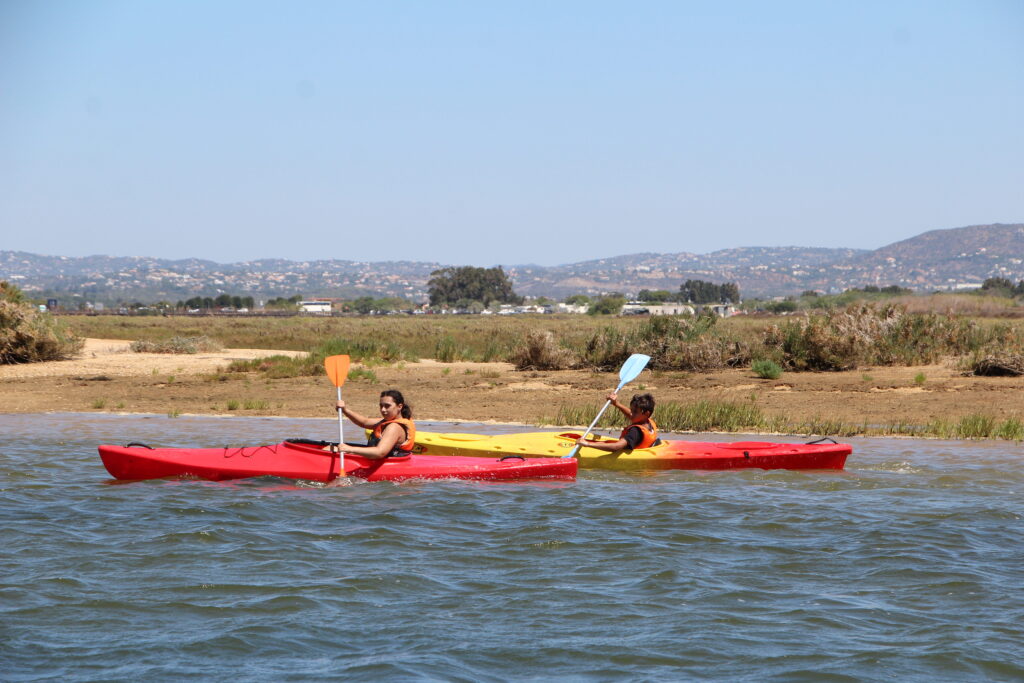
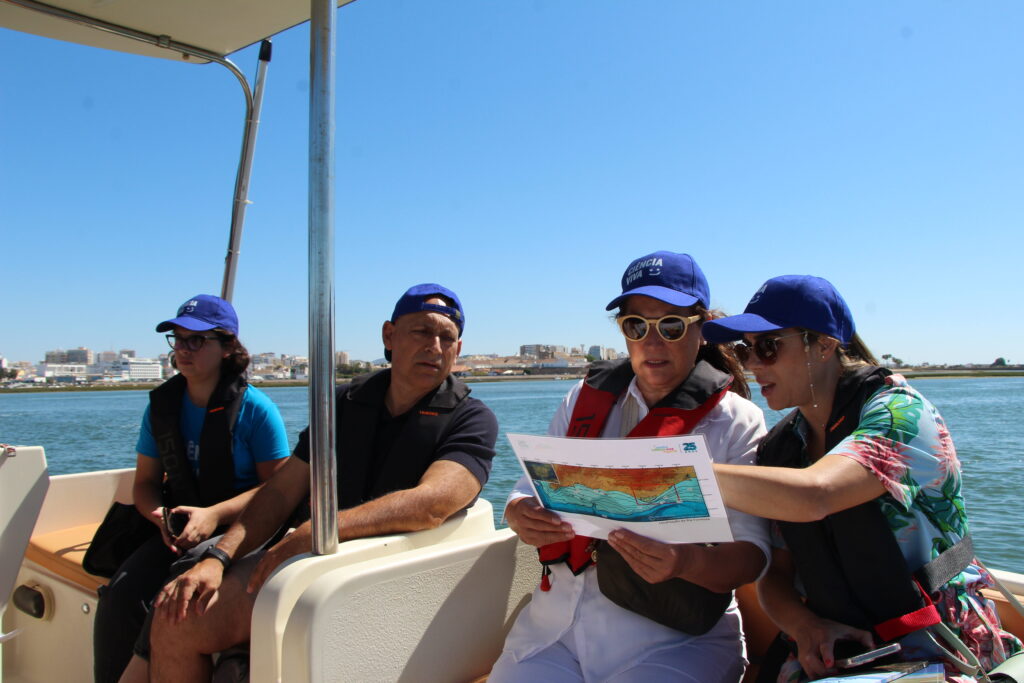
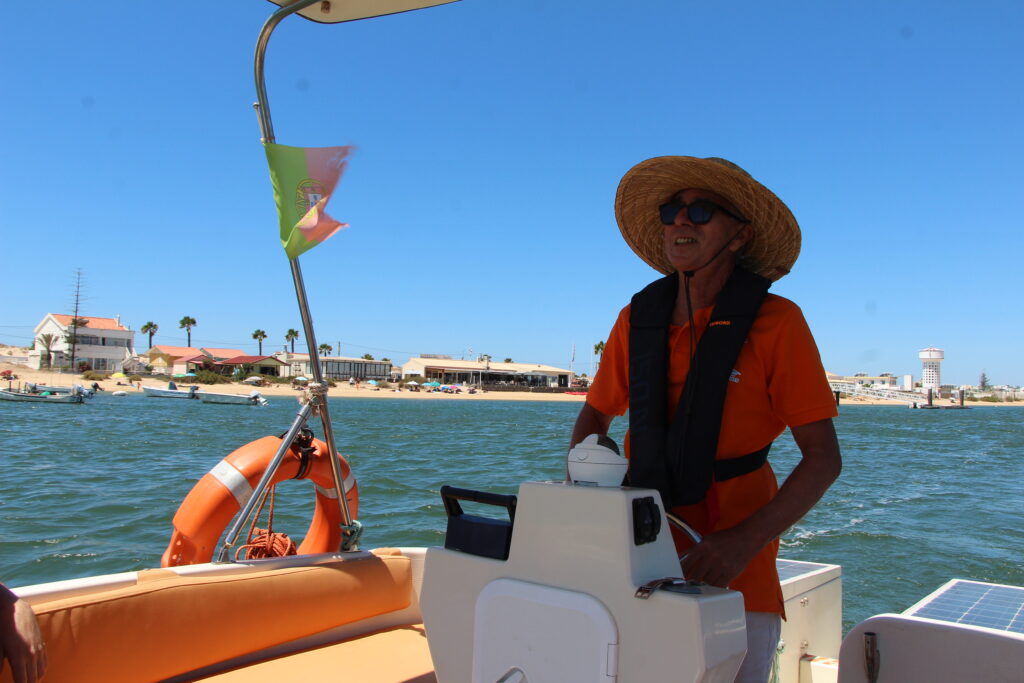
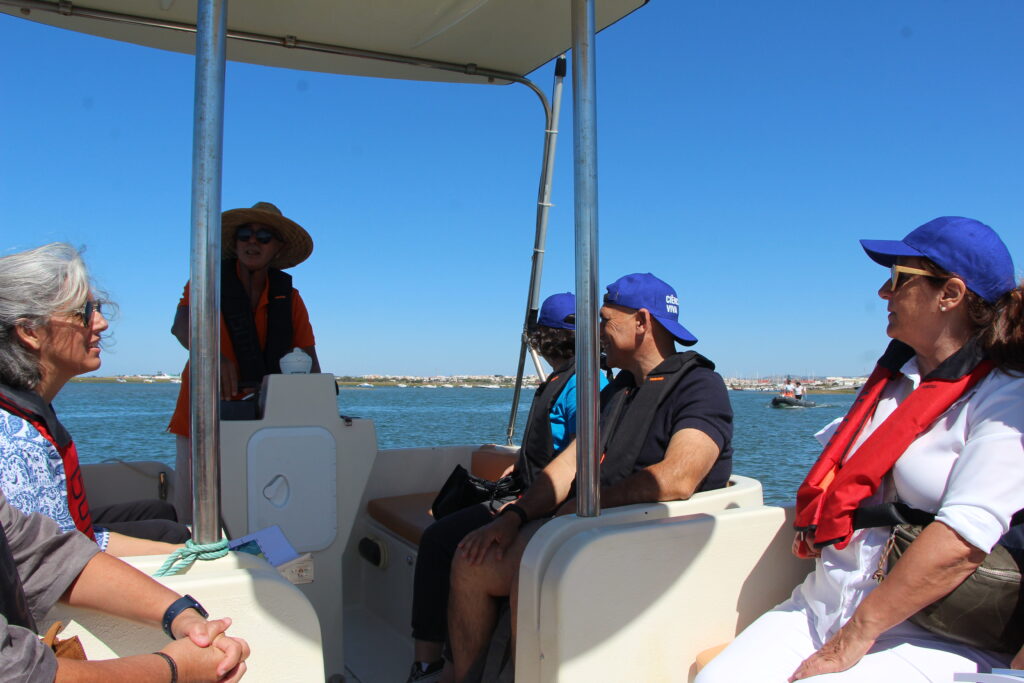
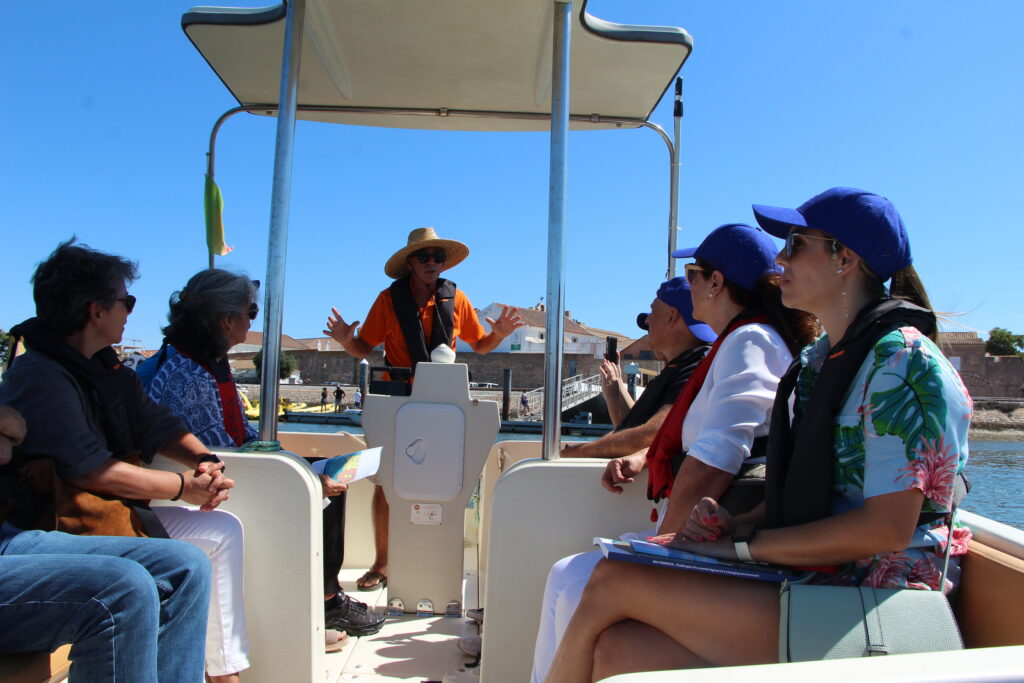
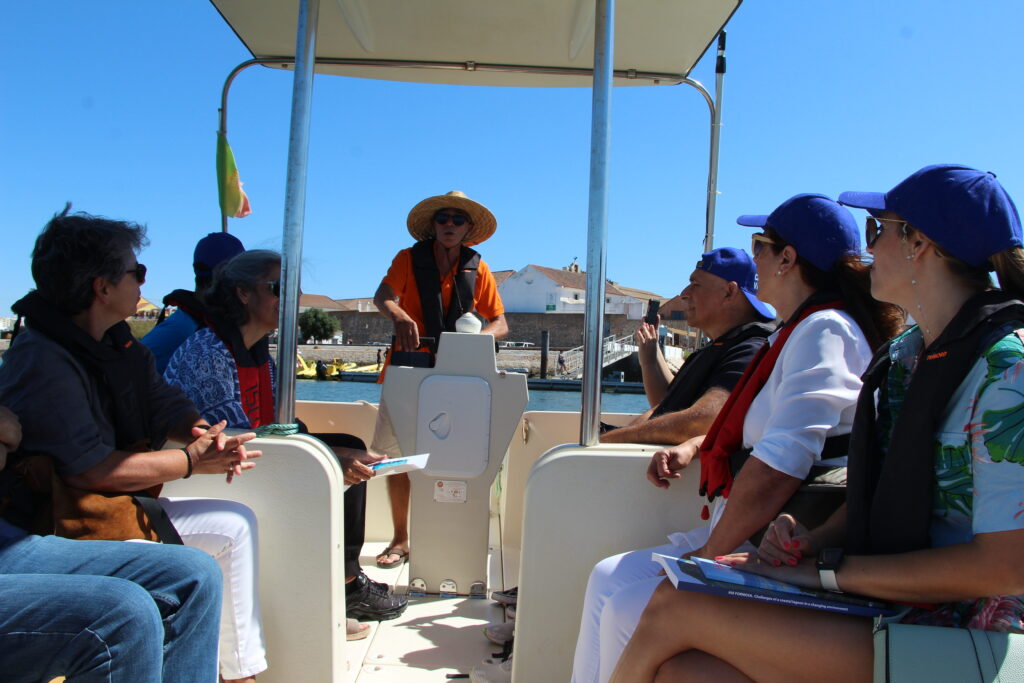
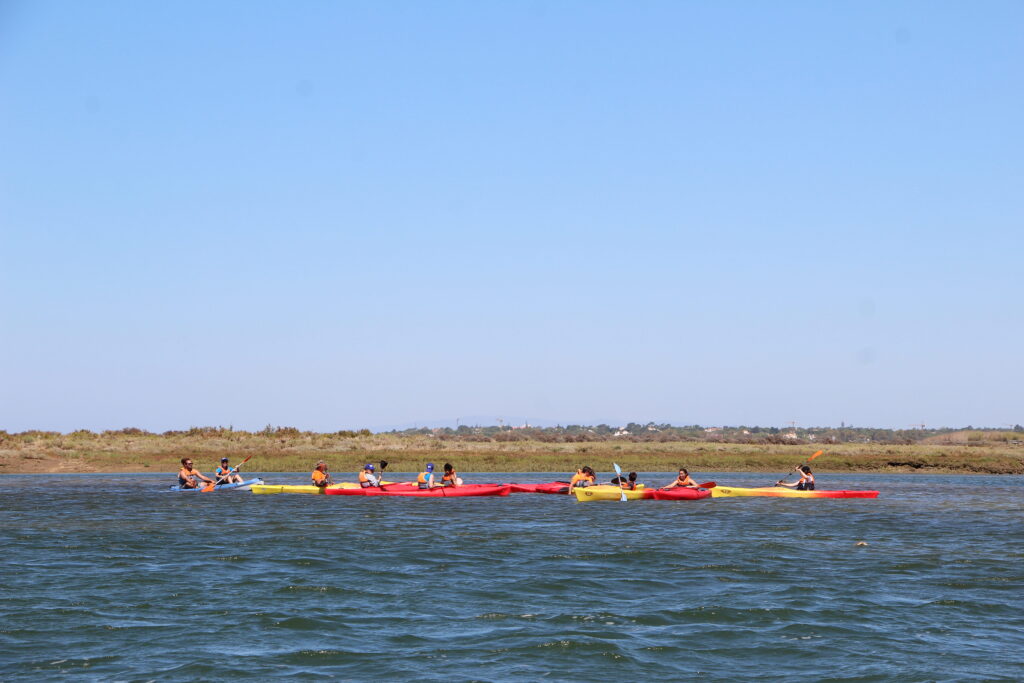
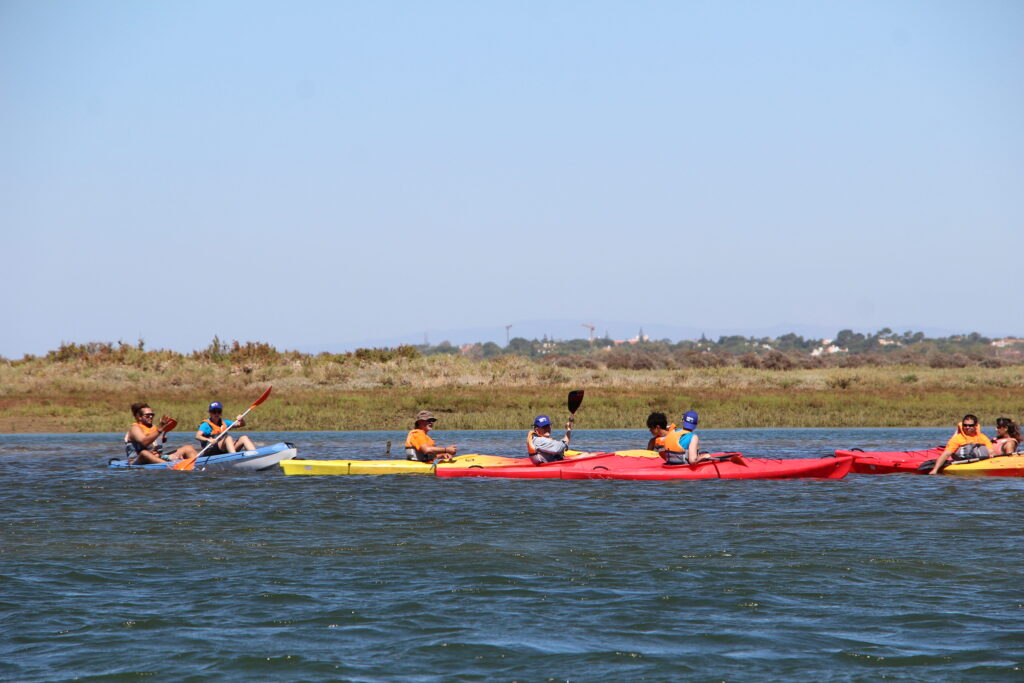
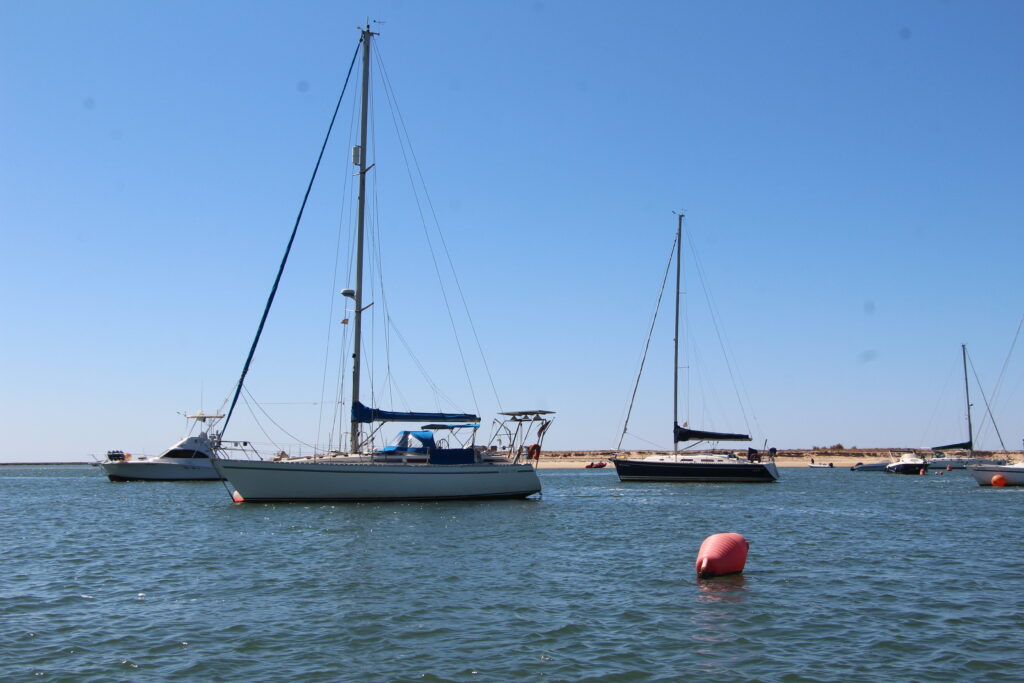
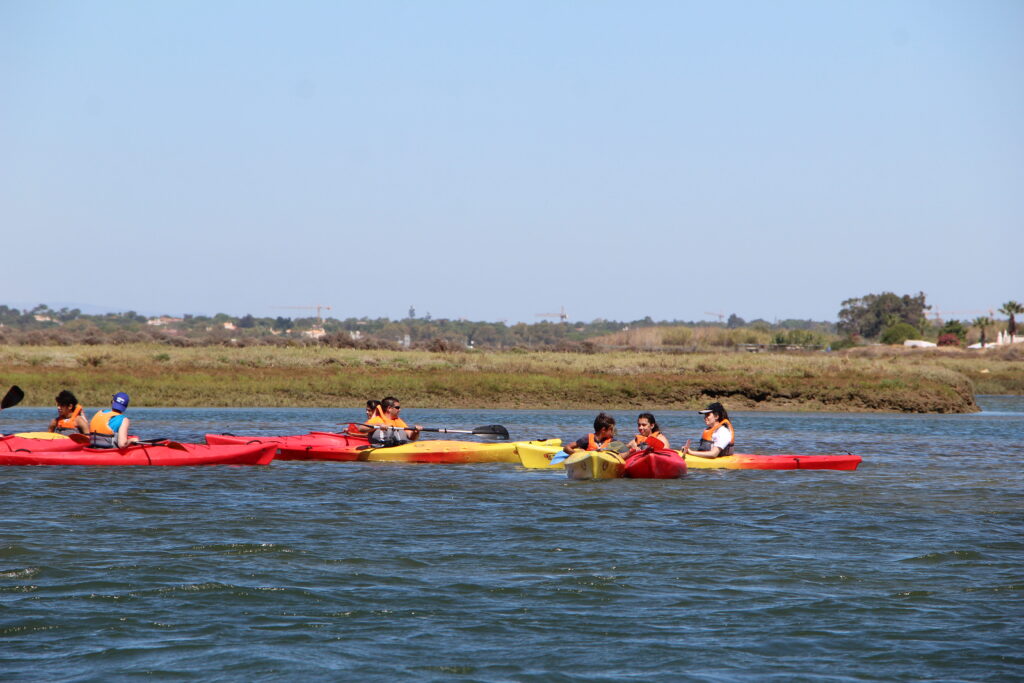
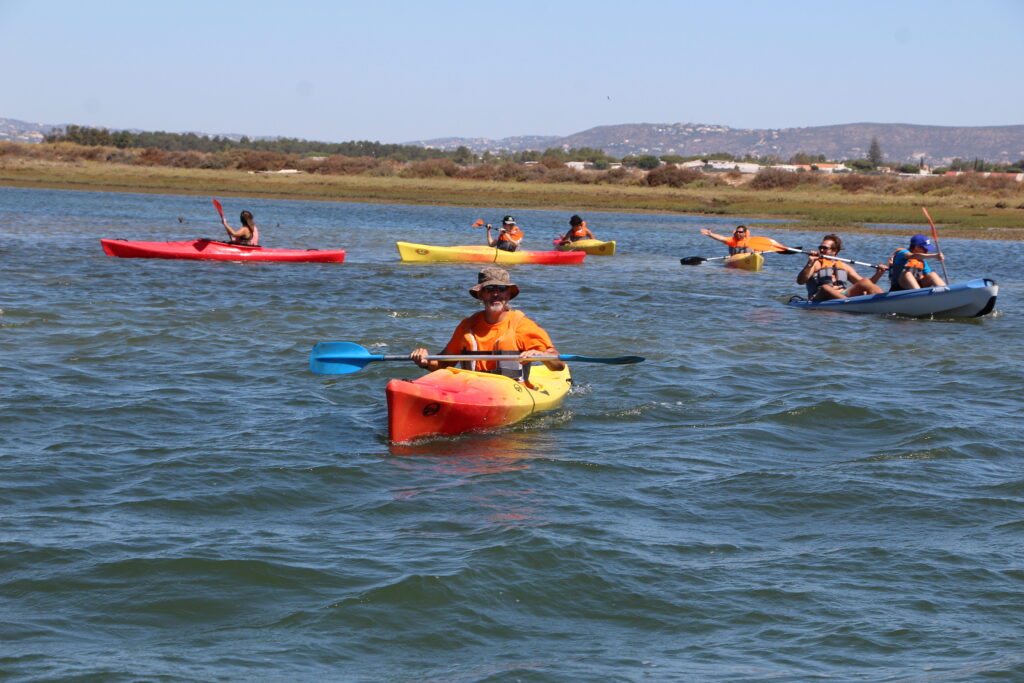
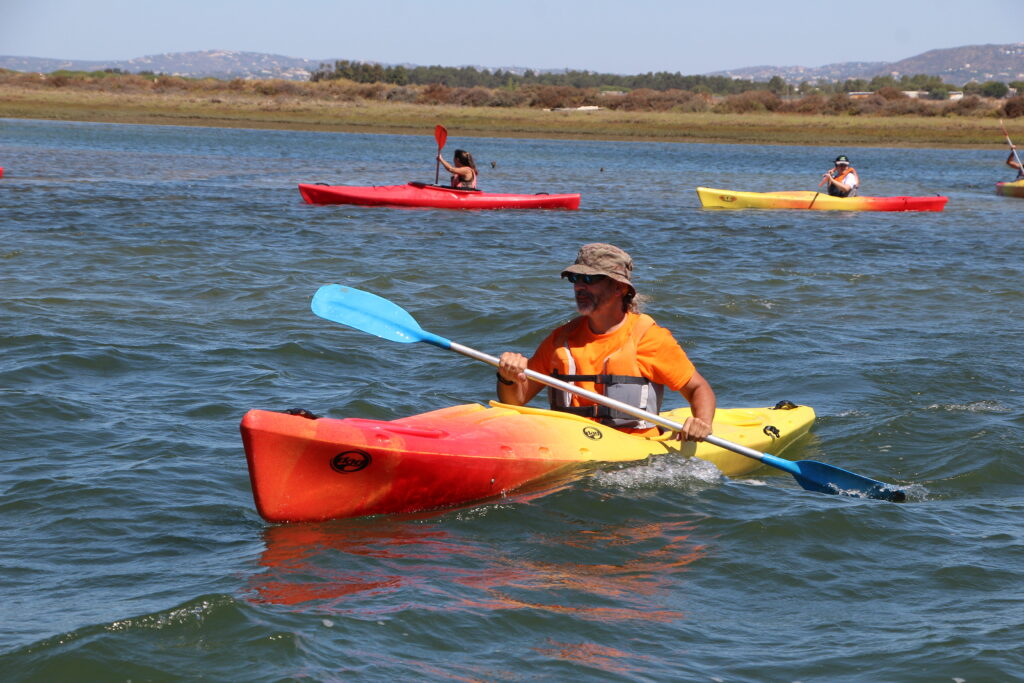
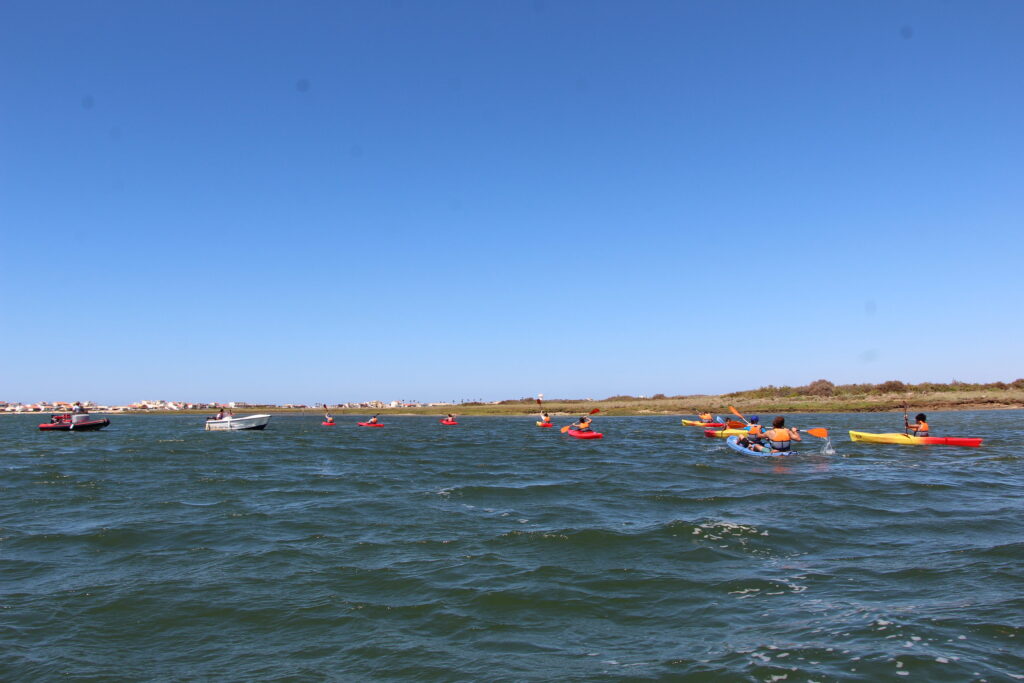
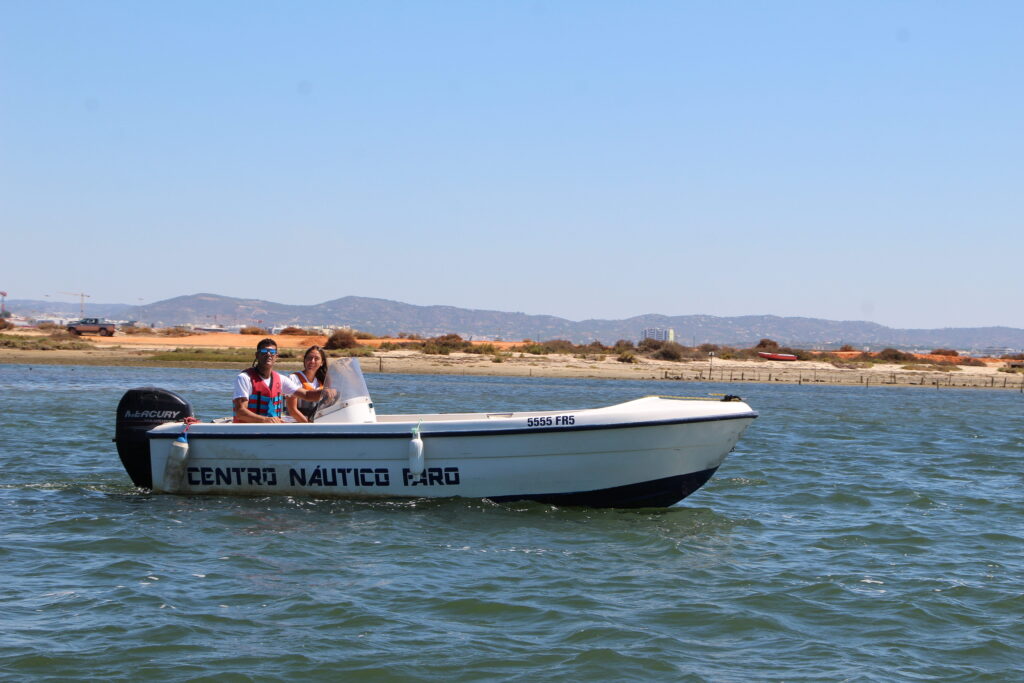
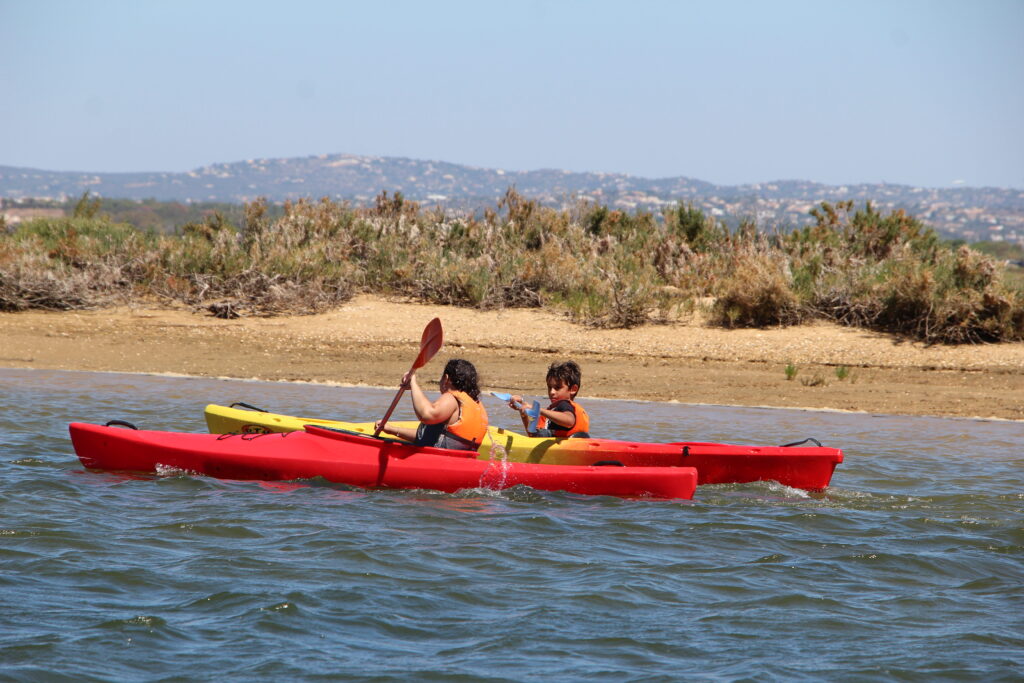
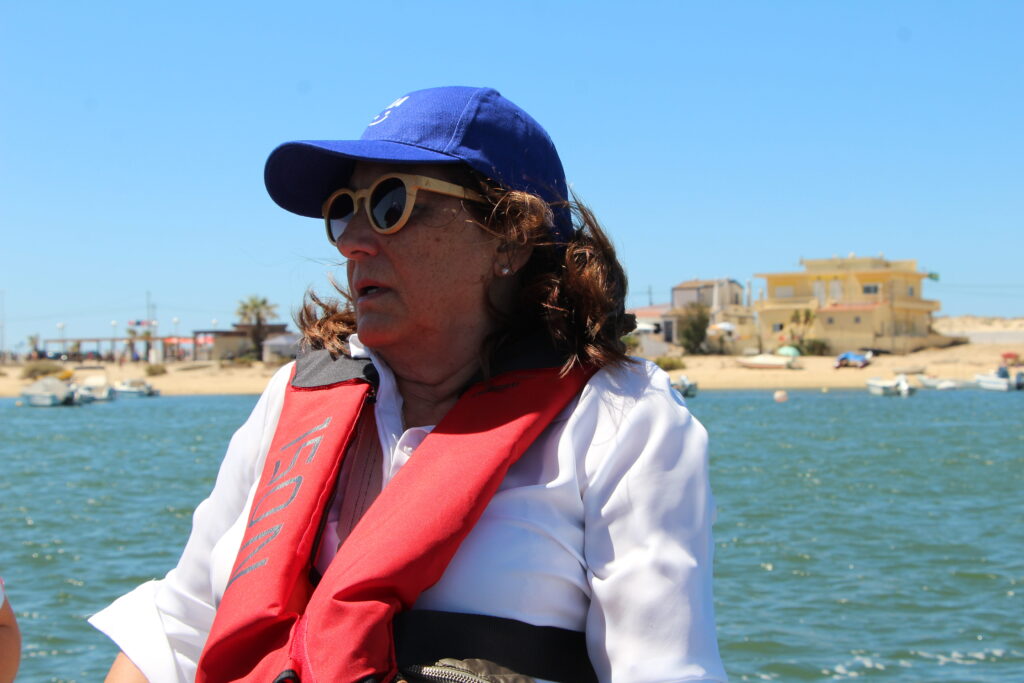
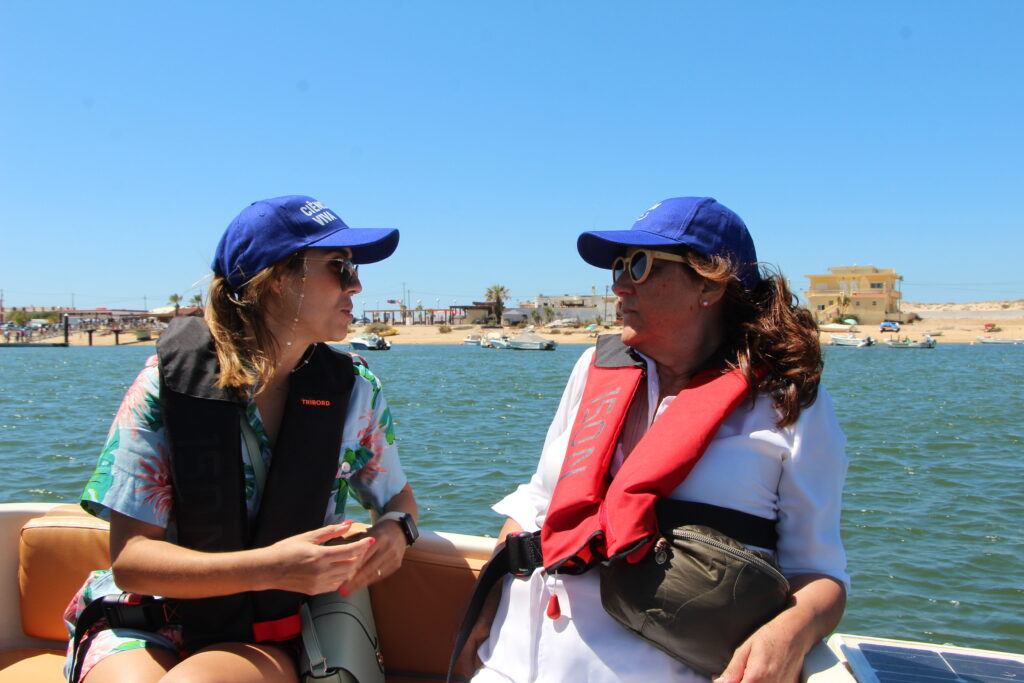
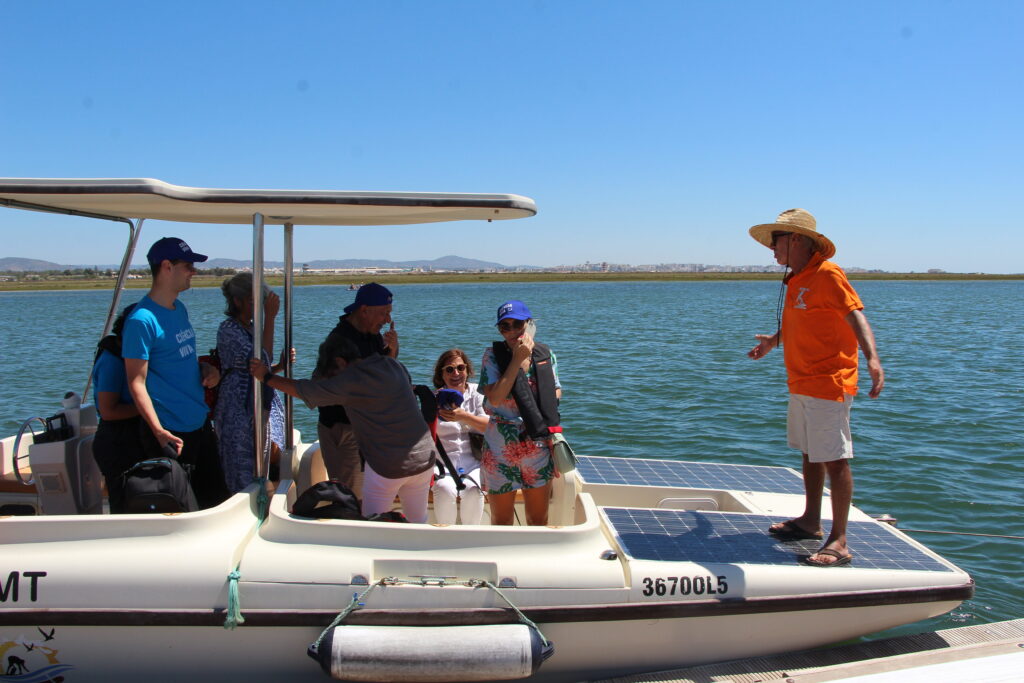
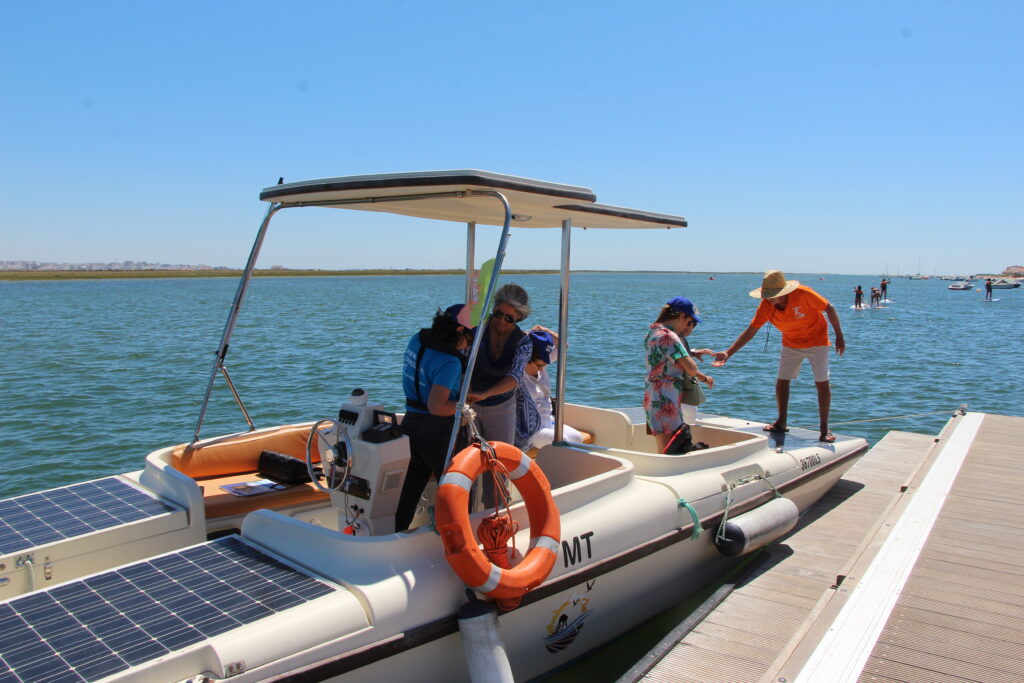
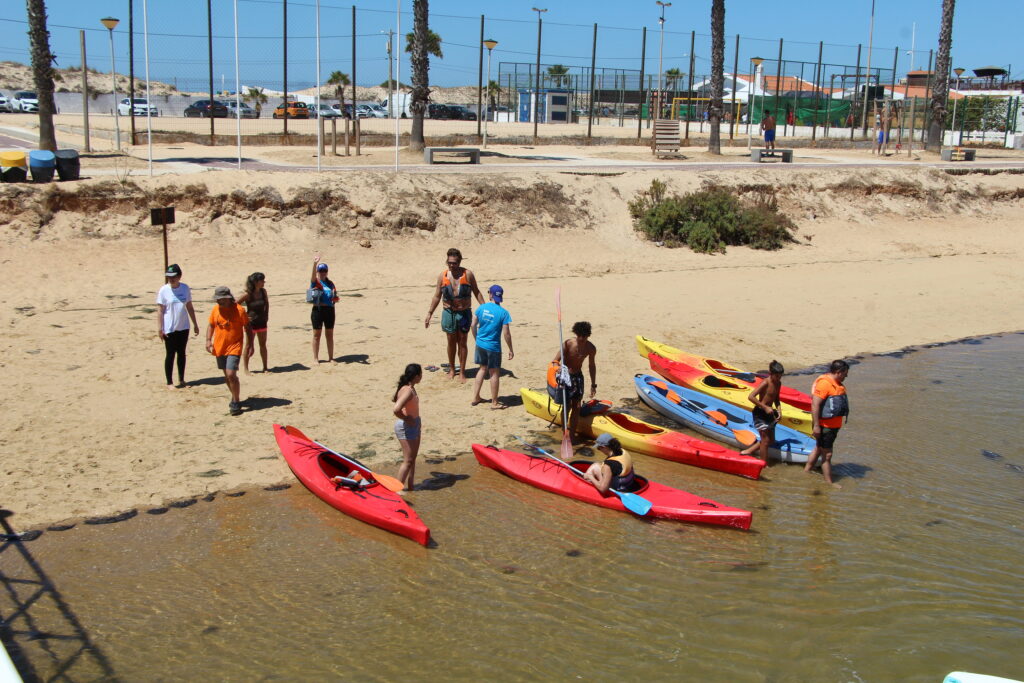
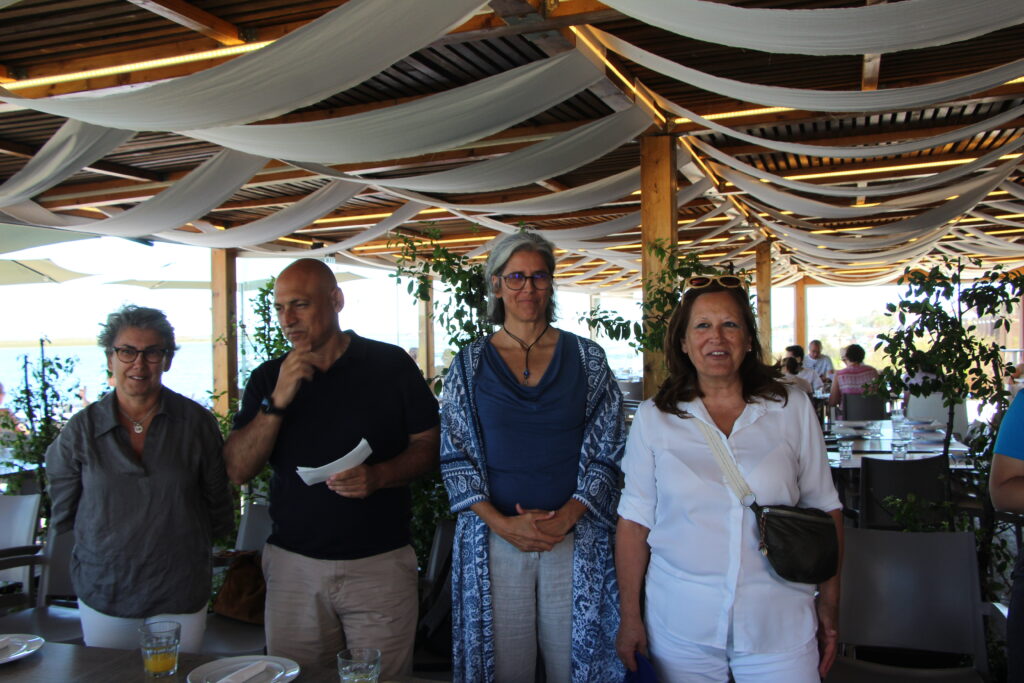
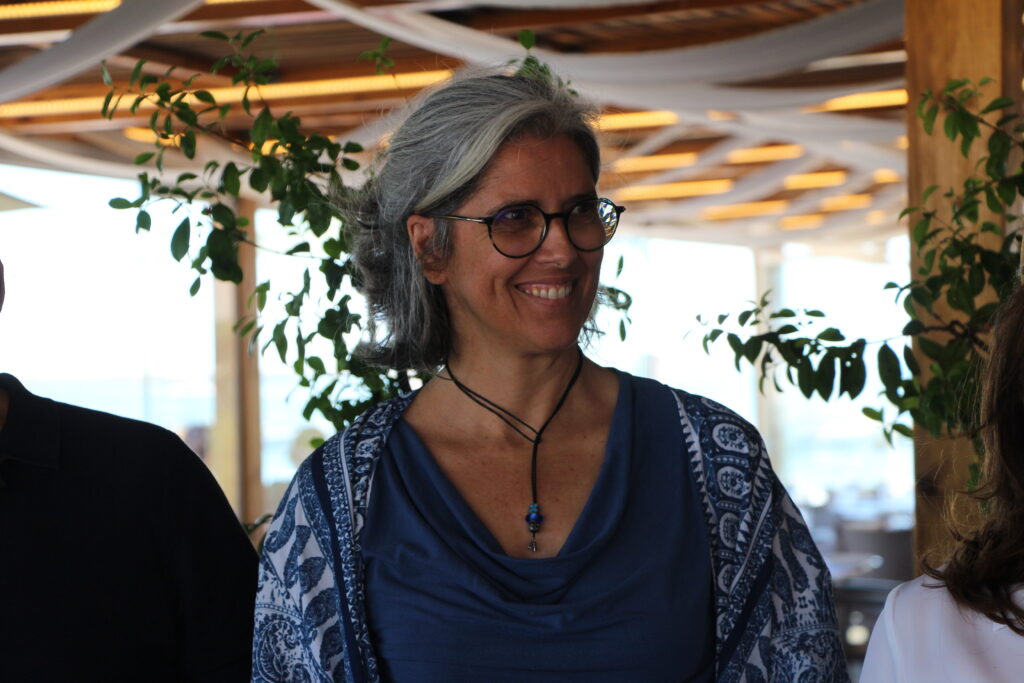
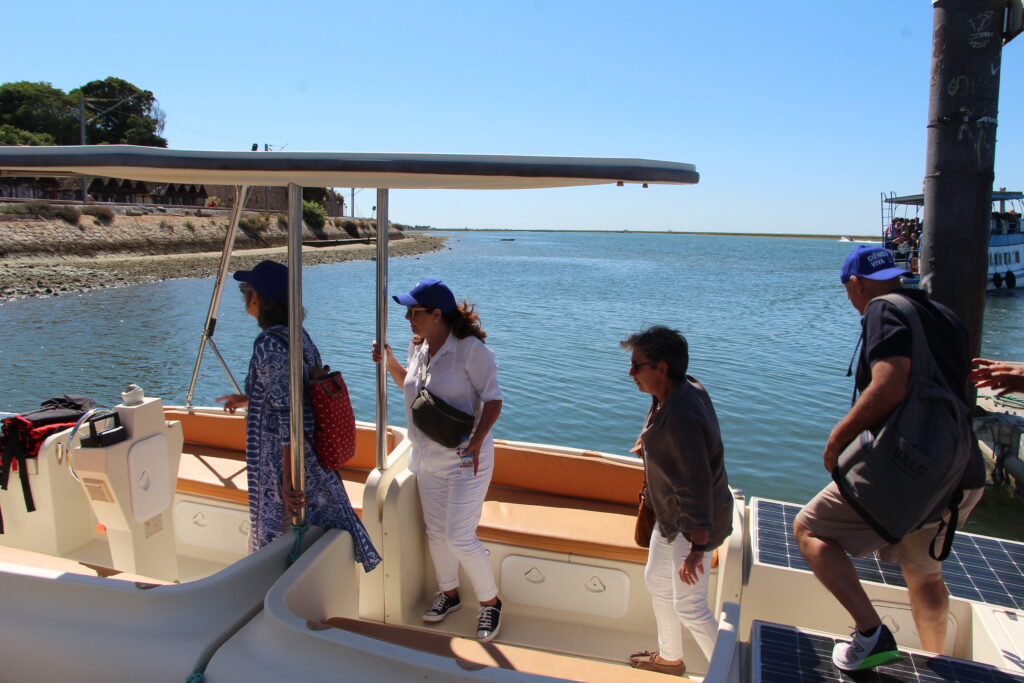
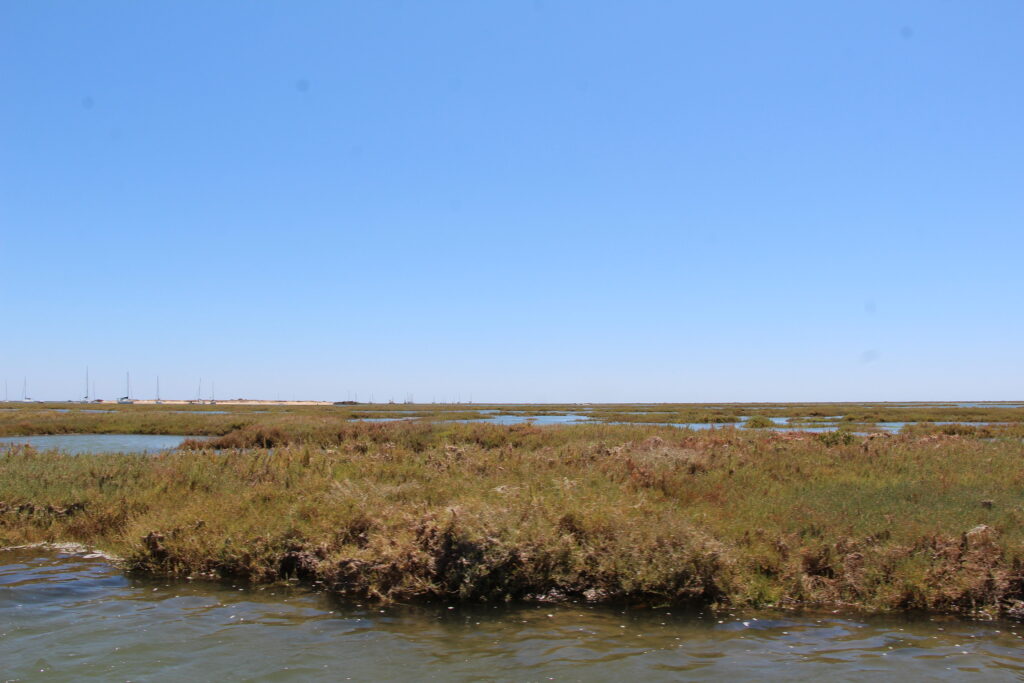
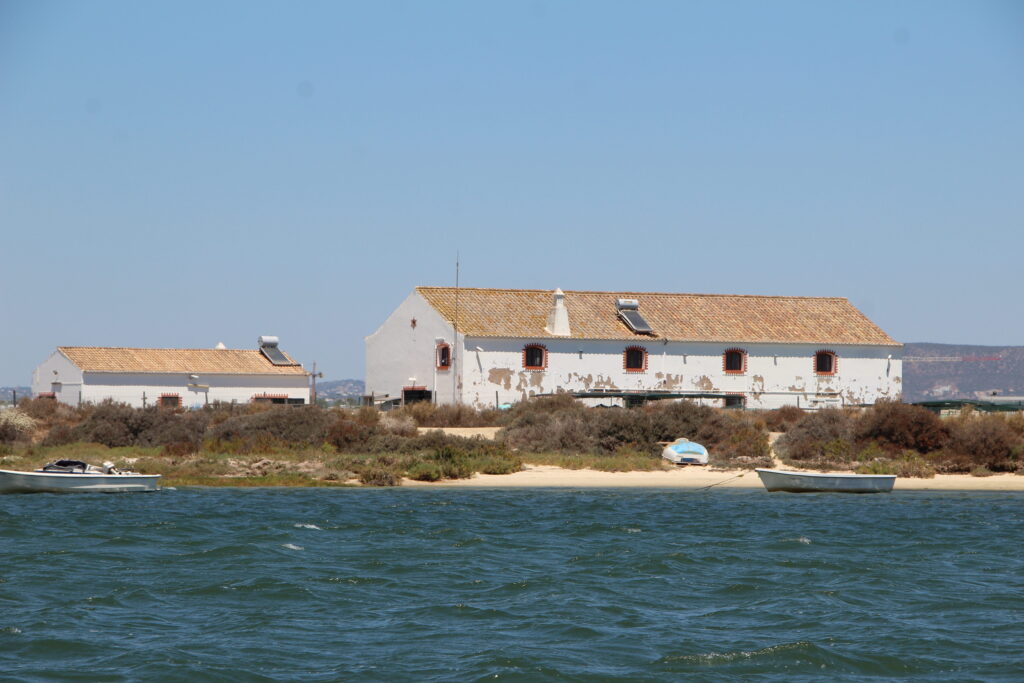


















Comments